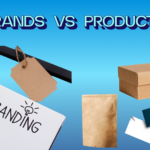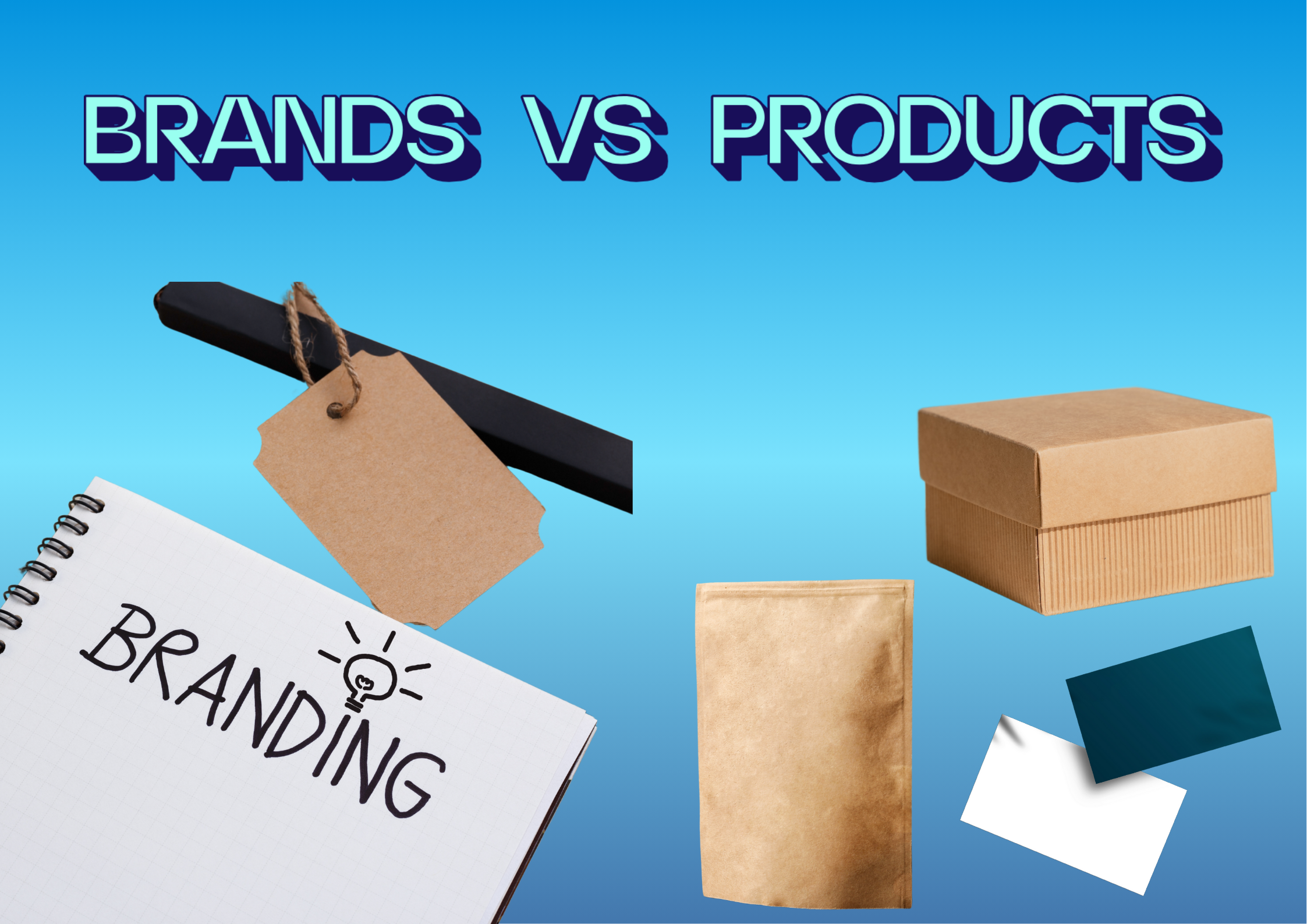
Brand Vs Product: Which one derives most value for Consumers?
Is brand building an essential component for business? Does a company truly derive value out of its brand identity?
by TTF Consultants LLP
Imagine walking into a store, looking for shoes to buy.
You are met with two options: a stylish and comfortable pair of shoes and then a nearly identical pair of shoes with a Nike logo on it.
Which one would you prefer – a product or a brand?
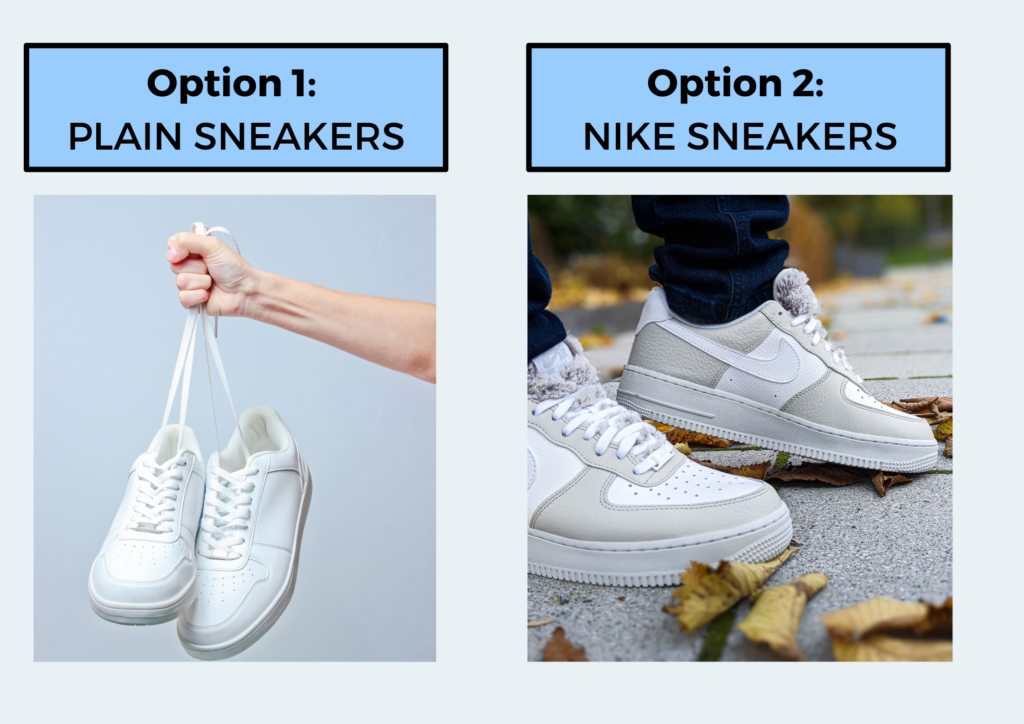
In the world of business, ‘product’ and ‘brand’ are two important aspects. These words have distinct meanings and play different roles in a business’ success.
What is a Product?
A product is a tangible good or an intangible service that fulfills a need or desire of a person. Products can be tangible, like apparels, bags, shoes, etc., or they can be intangible, in the form of services like a subscription to an educational online course, banking, consultancy services and many more.
A product is simply what you buy. It has features, a certain quality and a price. Each product has a variety of options available for the consumers to choose from.
What is a Brand?
Unlike products, a brand is an identity – filled with emotions, values and a relatable connection towards its customers. On a broader level, a brand represents its company’s mission, vision and personality.
It is important to note that a brand is not just a logo or a name, it encapsulates the ethos, values, trust, uniqueness and identity of the company, which further reflects in their products and service range.
The brand image helps a company to differentiate itself from its competitors, beyond just the existence of its products.
Therefore, a brand is not restricted to selling products but is pivotal to create a connection in its target market, as the brand makes people feel privileged, engaged, entitled, exclusive, stylish and unique.
Key Differences : Products Vs Brands
As mentioned earlier, a product is a good or a service which has specific features, associated with a particular standardized quality, at a certain price tag.
However, a brand, on the other hand, is an emotion, a connection and an identity, that is given to the products or services, which are sold to the consumers.
Let us understand how products and brands differ from an existential perspective.
A product has a definite lifespan – it launches, becomes popular, matures in the market and eventually declines or gets replaced in due course of time.
We can see this prominently in the apparel market, where a certain apparel trend enters into the market, gains popularity and then declines with time or gets replaced by a new trend.
Like in the case of skinny jeans, which gained popularity in the market in the 2010s, and subsequently became a part of everyone’s wardrobe. Now, however, looser fits like wide leg jeans and comfort fit jeans overshadow the skinny jeans.
On the other hand, a brand never perishes. Once a company builds a brand name, it can exist indefinitely by using appropriate brand extension strategies and adapting to the ongoing market changes.
We can see that in context to the aforementioned jeans market too, where Levi’s, as a brand, is selling skinny jeans and loose fit jeans simultaneously.
Therefore, amidst dynamic market changes, any change in a consumer’s product preferences does not impact the company’s performance as much, as the brand shields its entire range of products through its brand and brand extensions. The brand and brand extensions are intended to capture different sets of consumer tastes.
To reiterate, a product is just a good or a service for a customer with possessable visible features at a set price.
A brand, however, may connect on the basis of an emotion or could showcase a sense of relatability, comfort and luxury to the customer.
We can see this in the case of two bags with nearly similar features. The two bags can be seen as vastly different because of the play of branding.
A Louis Vuitton bag will showcase a sense of luxury and exclusivity. However, a bag without an equally upmarket brand name might not carry the same degree of luxury and prestige as that of a Louis Vuitton.
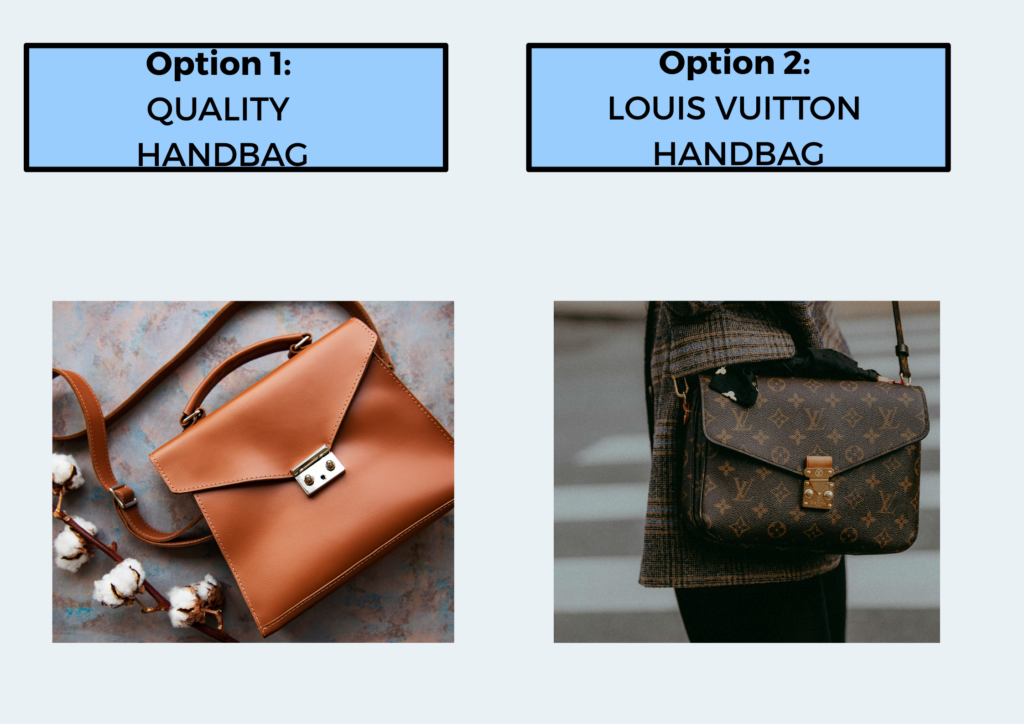
Comparison of Products : Significance of Brand Name
A product could be a one-time hot seller but what keeps a company going is its brand equity. Customers subscribe to a particular brand due to their perceptions around the brand. This keeps the brand relevant.
Brand loyalty creates a customer base which helps in retaining the customers for a longer period of time. Let us look at Starbucks for instance, Starbucks coffee is not just famous for its taste, it is in fact an experience and a quality benchmark for the coffee lovers.
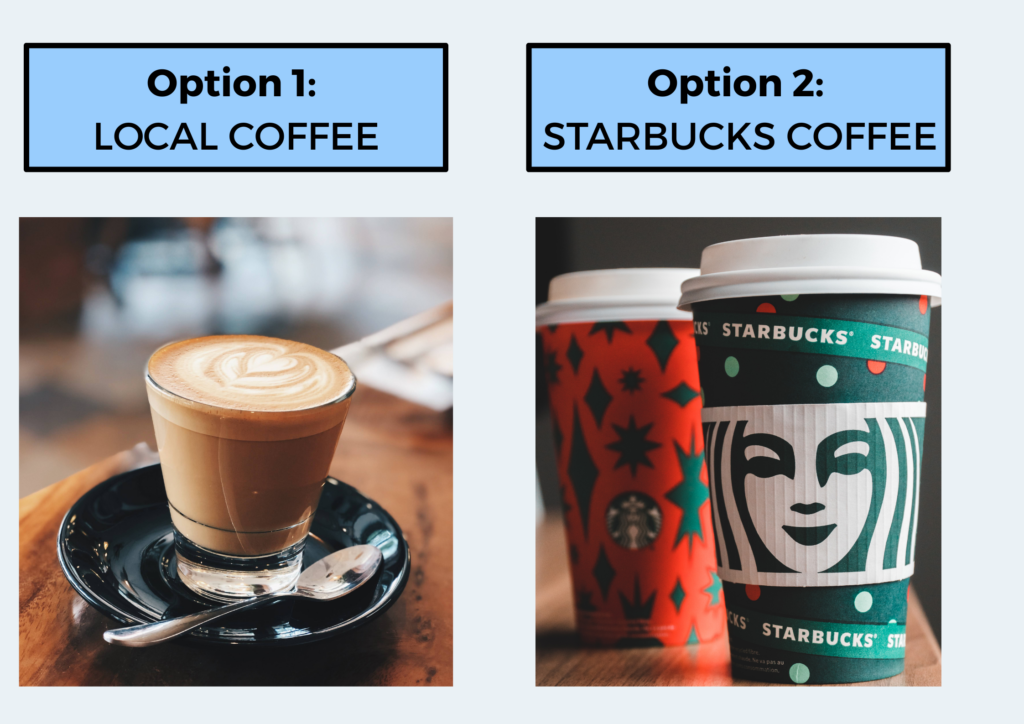
Brands come with the ability to ask for higher prices for their products because brands establish a certain standard of products and services which consumers are assured of, while other similar products do not come with such surety.
Similarly in the mobile phone market, we see that the Apple iPhone commands a higher price as compared to other brands. This brand superiority is led by both technology and brand association, i.e., only those above a certain income bracket can afford to purchase it. Apple has established its brand identity as that of being an exclusive and innovative company, as it is perceived to be a leader in technology.
It is important to note that a successful brand has a better scope for brand extension.
Brand extension helps companies to expand their business beyond their initial product offerings and diversify themselves beyond their original target market. A notable example to explain this is Amazon, which started with an online bookstore, and has now become a global e-commerce platform.
While products are essential for fulfilling consumer needs and desires, brands build sustainable experiences and ongoing product growth and evolution, which create long-term success for businesses.
Products launch and later become obsolete, but a brand stays relatable and remains relevant in our dynamic markets.
Businesses that focus on branding, foster trust within their customers and create emotional relatability. Products may be forgotten, but a brand creates an connection, emotional or subconscious.
A product can fulfil a need but a brand tells a story – which a customer associates with and grows with, over a period of time.
Consumers buy products for memorable experiences, most of which are often curated through the brands that they choose to purchase from and stay loyal to.
The next time you are asked whether it is sensible to build and invest in a brand – remember to tell yourself that the investment builds on your brand story and feeds into eventual customer loyalty, which stays with you for keeps!
